Interview with Canadian Writer Bolaji Williams
We met Bolaji Williams on Twitter. She responded to one of our tweets. We read a recent blog post and loved the clarity of her writing and topic, so we invited her to do something with us. Voila, an interview with writer Bolaji Williams.
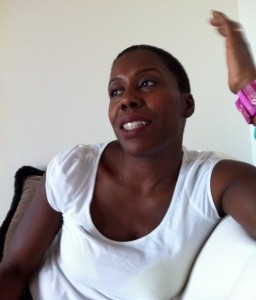 When did you first know you loved to write?
When did you first know you loved to write?
To be completely honest, I don’t always love writing. At the same time, I’m grateful for my ability to write, and for the audience that appreciates my writing.
When I write I’ll often say that whatever I’m working on “kicks my ass.” The reason being is that, occasionally, the act and the process of writing fills me with angst. I’m hyper-aware of the need to finish what I started, and I’m hyper-aware of how I imagine my words will be received, so it’s a laborious kind of love. I don’t try to be unnecessarily provocative in my work, and I anticipate the holes in my argument even as I write them; this is where the ass-kicking commences, but perhaps where the love beings?
What topics or types of writing do you love to do?
I prefer to write human interest stories—stories that speak to experience and struggle, triumph and joy. I’m not interested in writing pain-narratives for pain’s sake. I like writing short essays. Primarily I like to write about subjects that touch people’s lives. I find pop-culture messaging distressing and dangerous, so I like to unpack it when I can. I think I’ve got a number of different voices in me that are as yet untapped. At the end of the day, I want to make a mindful contribution. I think constantly about the impact my words have on people. I don’t want my words to alienate people. I strive to be inclusive, but I know that that’s not always possible.
What do you experience when you write?
When I feel like my writing is going places, and I’ve managed to make peace with the momentum I’ve established, I often experience a kind of dizzy euphoria. Almost like a “runner’s high.” Most of what I write comes from a place of inner consciousness—like the words and thoughts were always there, but needed the right time to be heard.
Sometimes what I set out to write is “beyond” me, but still within my stream of consciousness. These ideas or thoughts never quite leave until I release them, and it’s often the case that when I do find time to write, it’s because I have no choice. Lately, I’ve struggled with what it means to hold a contrarian point of view. There are things that I’m anxious to say, but I don’t because they are not “popular.” Most likely it’s because I haven’t found a way to say it so it’s meaningful. I believe that there are more appropriate times to share stories than others. I try to be careful. My goal isn’t to hurt anyone; I write because I want to learn more.
Do you have people who believe in your writing? A writer’s group?
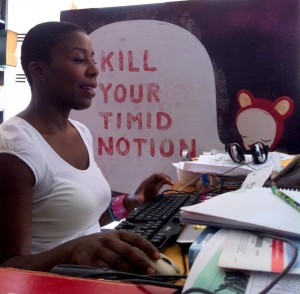 I do have people who believe in my writing. And sometimes I have to give my head a shake because I’m not always confident that I “deserve” that praise. I have an awkward relationship with compliments. I prefer constructive criticism over flattering commentary. Constructive feedback is amazing, and it often informs the way I write. It means that I’ll spend way more time on a draft, but in the end, it’s totally worth it.
I do have people who believe in my writing. And sometimes I have to give my head a shake because I’m not always confident that I “deserve” that praise. I have an awkward relationship with compliments. I prefer constructive criticism over flattering commentary. Constructive feedback is amazing, and it often informs the way I write. It means that I’ll spend way more time on a draft, but in the end, it’s totally worth it.
I write with the view that whomever is going to read my writing is “smarter” than me, and is likely an “expert” on their own lives. I try to be cognizant of the myriad of experiences that could potentially affect how someone is going to read my work. For me, it’s a great exercise in humility to privilege the reader this way.
I believe strongly in mentorship, and I’d love to be a part of a writer’s group. As of this writing, I am not.
Do you feel there is undue pressure on writers to reveal their personal lives?
I do. The lines have blurred considerably, and confessional writing is very popular and topical. Right now, the internet is like one gaping wound with everyone trying to stick things in it. It’s not my thing, but I support and applaud the writers who go there.
Some do it very well, others not so much. On the one hand, I think it’s a pretty cool way of letting your readers get to know a different, more intimate side of you. What I dislike about the personal narrative is that the experience of reading this kind of work can be incredibly isolating, and a bit cloying, in that the assumption seems to be that you should be able to relate. There’s a kind of precious tone about this genre that defies criticism, so if you do find yourself feeling critical about what you’ve just read the tendency is for you to come off as an asshole if you dare to challenge the writer’s feelings. Perhaps that’s the point?
If you could write anything, what would you write?
I’d love to write about my family history. My Nigerian father is a scientist who believes in God. He comes from a line of medicine women, tribal chiefs, and healers. He wanted to be a medical doctor but due to a quota system he was denied entry so he chose the PhD route instead. My Caribbean mother is a nurse, and she has a prophetic wisdom about her. My mother, who left my father when I was 5 is incredibly optimistic, but also grounded and practical. I have two sisters who are leading interesting lives. We have 7 children between us. My older sister is one of the smartest women I know, and my younger sister has an incredible dry wit. We grew up with a kind of “no guilt, no regret” philosophy. I’d love to explore that.
What are the hurdles you are most aware of in writing?
I lack discipline and focus. I’m a bit ADD, so I’ll often write in manic spurts. I’m deeply intrigued by pretty much everything about human beings and nature. I’m intuitive,and an empath, so one of my challenges is filtering out “unnecessary” information, or things that aren’t relevant to the topic at hand. It can be very distracting for me to hear stories of pain and difficulty, so I do my best to avoid deeply troubled individuals or scenarios unless I can be a positive resource or lend something constructive to the conversation.
At the same time, I find that so-called unpleasant things can and do inform my writing so I try to retain and incorporate what’s useful. I don’t believe in censorship, at the same time I find myself self-censoring in order to protect the people in my circle. My go-to quote that allows me to feel confident and emboldened by my choices is this one by Anne Lamont who famously said, “If people want to read flattering things about themselves in print, they should have treated you better in person.”
At the end of your life, what body of work would you like to look back on?
I’d love to be able to see how my ideas and thoughts and opinions have transformed, grown and evolved over the years. Sometimes I’ll look back at some of the things I’ve written in the past and I cringe. I’m not ashamed of any of it, rather I’m comforted by the fact that I can actually see growth.
Do you have a mission, a cause or a message that you would like to convey in your work?
I hope that I’m able to convey a sense of mindfulness. That my readers can sense that I write to learn, and that my goal is to share what I’ve learned. I want to make it clear that my mission isn’t about trying to convince and/or convert anybody of anything or into anything. I’d love for someone to read my writing and experience something that is good, bad or indifferent as long as they feel something. I want folks to know that they’re all contributors to what I write. I’d love for people to recognize that I have a sense of humour, and humility about me. Lastly, that I’m open.
—
Bolaji Williams lives and writes in Canada. Visit her blog: www.ithinkyoushould.com and definitely follow her on Twitter: @ithinkUshould.
Category: Being a Writer, Canadian Women Writers, Contemporary Women Writers, Friendships between Women Writers, Multicultural Writers, Multinational Women Writers, Women Writers Across Cultures






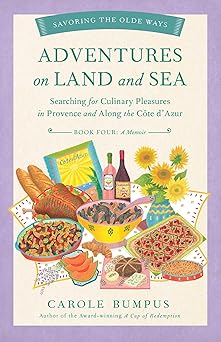
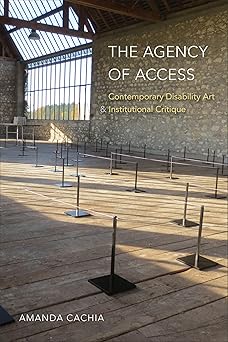
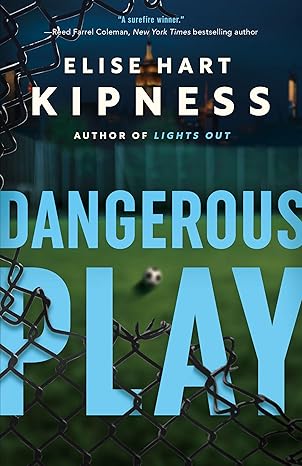
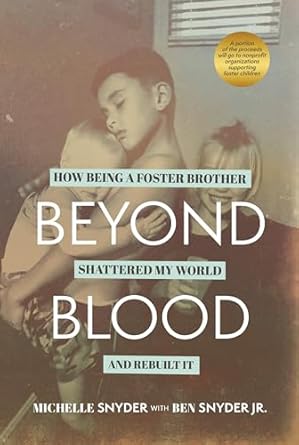
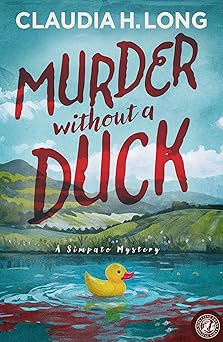
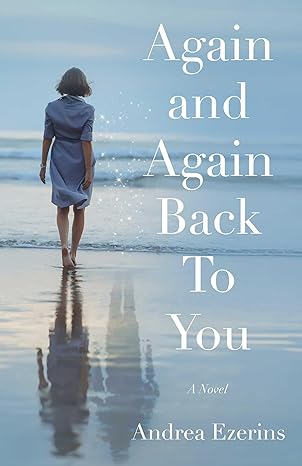
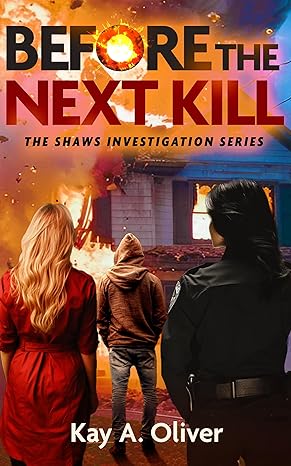
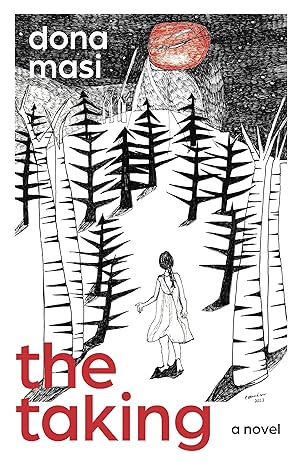

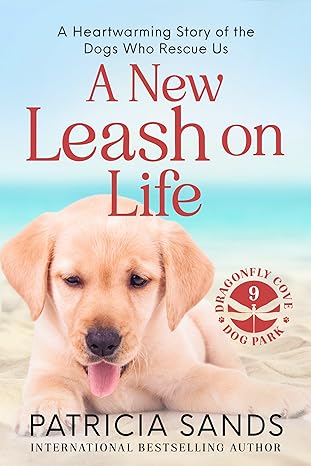

Bolaji,
Thank you so very much for doing this interview with us. Getting to learn what a writer thinks is very informative for others, and for me, as a writer.
Your background is interesting too.
It is daunting how much is out there. We are flooded with information for sure. So the way I approach it, is that I will provide information for those who become curious and look for it. And not worry about how many people know about me, or my work.
One thing is sure, that writing does grow us in character and self-wisdom, and putting it out there, grows us also.
-Anora McGaha
Anora, thank you so much for the wonderful opportunity to share my thoughts with the Women Writers’ audience. I’ve been meaning to get back here to engage with your readership a bit more, but ah, life! In addition to Motherhood, so many shiny things grab my attention!
I agree with your philosophy on writing as it pertains to the development of one’s character. And I’m intrigued by the process of wisdom-building, and how that informs how we dispense and recieve information.
You have built a terrific, down-to-earth community of women. I love the diversity of voices and the rage of experiences and expertise. Fabulous!
Best,
xobolaji